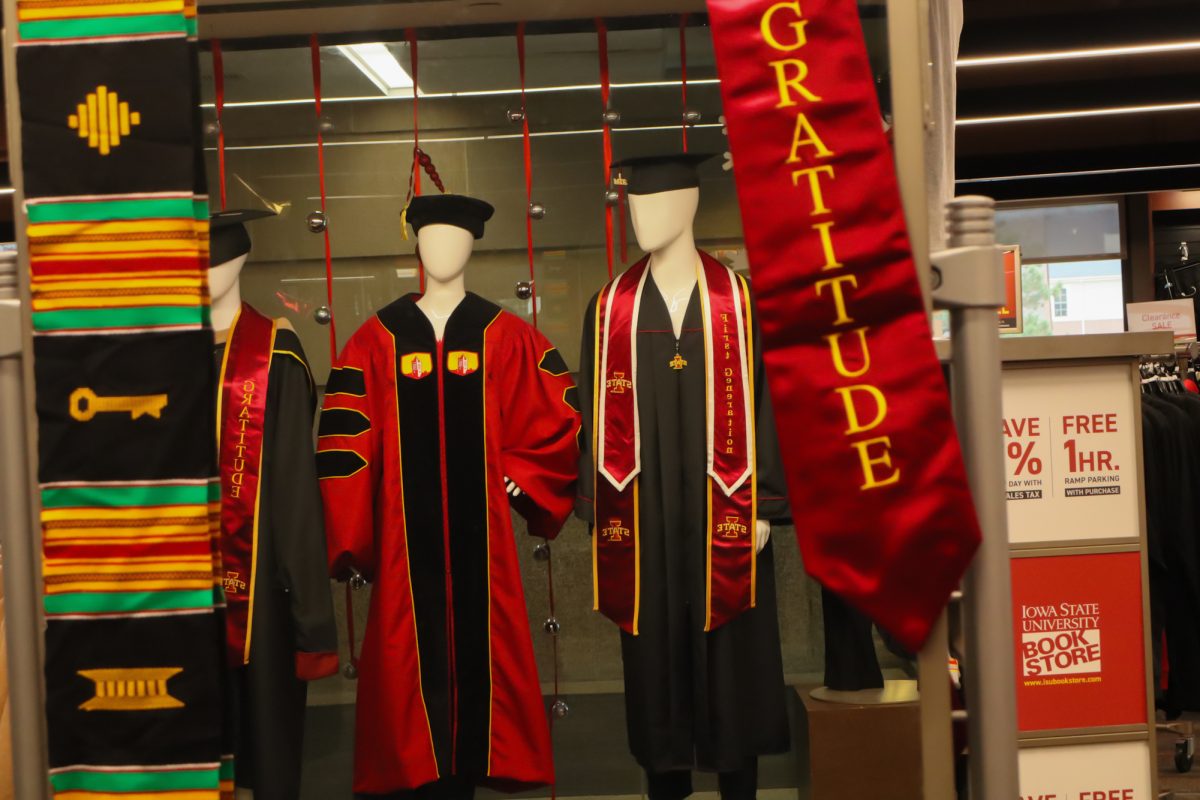The Amityville Horror
April 19, 2005
In the 1970s, two tragedies occurred in a house off Ocean Avenue in upstate New York. The first was the brutal killings of the DeFeo family — all murdered in their sleep except for one. The second and even stranger occurrence, was when a family unaware of the tragedies moved into the house, only to leave 28 days later without any of their possessions and never to return.
Subsequently a film was made — “The Amityville Horror,” a 1979 cult horror film about the ill-fated family’s eventual breakdown. Now the past has been pulled from its grave with the flashy and bloody 2005 remake.
Ryan Reynolds relives the original as George Lutz, an independent contractor who moves his unknowing family into the Amityville home to start a new life. Yet, after only a day or two, he realizes they are not alone in the house and begins to wonder if its previous owners are still lurking the halls.
Reynolds begins to show signs of aggravation and torment — a change in his usual warm personality — and eventually becomes the same possessed maniac who once showed in Ronald DeFeo — the man who executed his entire family.
“Amityville” presents the same dilemma to viewers as did “The Exorcist” — what really happened in that house? The cuts of news reports, broadcasts and even the gruesome pictures cannot justify to the skeptical viewer what was said to have happened. And with the sometimes over-the-top tactics of the remake, some may find it even harder to believe.
Instead of relying on the creepy dynamic of a man possessed by a serial murderer trying to dispose of his family — the film’s true history — the filmmakers take a “Thirteen Ghosts” twist to the tale by randomly inserting prosthetic demons throughout to spit blood at the cast.
Even more ambiguous is whether these “dark side of the moon” offspring were really haunting the house or if they were the creation of a twisted psyche — either Reynolds’ character or the producer’s.
Probably the only more unbelievable aspect of this film is that mysterious voices, a demonic husband and fleeing priests wouldn’t drive Mrs. Lutz from the house, though this can be blamed on the Lutz’s blazing denial of the hellish.
Despite these expected, modern-day upgrades, Reynolds’ attempt at a character who isn’t Van Wilder was surprisingly successful. Here and there were one of his recognizable sarcasms, but when the script called for a tormented man, he was ready to deliver his best. It is a shame, however, that his rebirth was set to the backdrop of a cliched, glamorized remake of a film revolutionary in its day.






